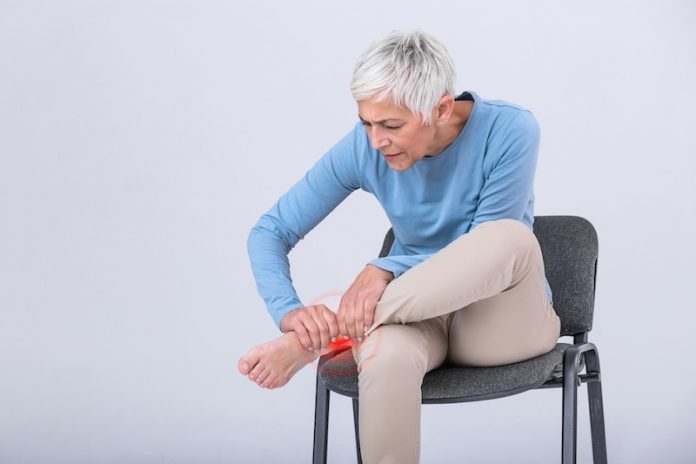
A recent study led by researchers from the University of Colorado has uncovered surprising links between bacteria in the gut and rheumatoid arthritis (RA), a condition that causes painful swelling and stiffness in the joints.
The findings suggest that specific types of bacteria in the digestive system may trigger RA in people who are already at risk for the disease. This discovery could pave the way for new treatments that target these harmful bacteria.
Rheumatoid arthritis is an autoimmune disease, which means that the body’s immune system, designed to protect against infections, mistakenly attacks its own tissues—in this case, the joints. This immune attack leads to painful inflammation, swelling, and difficulty moving. For many people, RA can be debilitating, affecting their ability to do everyday tasks.
The researchers wanted to understand if certain bacteria living in the gut might be linked to the development of RA. To explore this, they studied people who were at high risk of developing the disease. These volunteers allowed the scientists to examine their immune systems closely.
Specifically, the researchers looked at antibodies, which are proteins that help the immune system detect harmful invaders like bacteria and viruses. They mixed these antibodies with samples of gut bacteria from the same people to see if any specific bacteria were being targeted by the immune system.
Their findings were intriguing. The immune system of people at risk for RA reacted to certain bacteria in their gut. To see if these bacteria might actually be involved in causing the disease, the researchers conducted tests on animals.
The animals exposed to these specific gut bacteria began to show symptoms similar to rheumatoid arthritis, including joint inflammation and stiffness. Some of them even developed the full disease. This provided strong evidence that these bacteria might trigger an immune response that leads to RA in people who are vulnerable to it.
What makes this discovery so important is the possibility of new treatments. If scientists can fully understand how these gut bacteria interact with the immune system to cause RA, they might be able to prevent it from happening. This could mean stopping the disease before it even begins in people who are at risk.
The research took five years to complete and involved many volunteers who knew they were likely to develop RA. Their participation helped researchers make this breakthrough, which could lead to new strategies for preventing and treating the disease.
Although there is currently no cure for rheumatoid arthritis, there are ways to manage the symptoms and reduce the risk of developing it. Staying active with gentle exercises can help keep joints flexible and reduce inflammation.
Maintaining a healthy weight is also important, as extra weight puts more stress on your joints. Eating a balanced diet that includes lots of fruits, vegetables, whole grains, and lean proteins can help fight inflammation in the body.
Avoiding smoking is also crucial since smoking can increase the risk of developing RA and make symptoms worse. Getting enough sleep and managing stress are also key factors. Poor sleep and high stress levels can increase inflammation and trigger RA symptoms. For those at high risk, doctors sometimes recommend medications that can help prevent the onset of the disease.
The earlier RA is detected, the better the chances of managing it effectively. If you notice joint pain, stiffness, or swelling, it is important to see a doctor as soon as possible. Starting treatment early can help prevent long-term damage to the joints.
The study, led by Dr. Kristine Kuhn and published in Science Translational Medicine, marks a major step forward in understanding how RA develops. It highlights the complex relationship between our immune system and the bacteria living in our bodies.
Although more research is needed to fully understand this connection, this discovery could lead to better treatments and perhaps even a way to prevent RA entirely. This is an exciting development for people living with RA and for those who are at risk of developing it.
If you care about pain, please read studies about vitamin K deficiency linked to hip fractures in old people, and these vitamins could help reduce bone fracture risk.
For more health information, please see recent studies that Krill oil could improve muscle health in older people, and eating yogurt linked to lower frailty in older people.
Copyright © 2025 Knowridge Science Report. All rights reserved.



